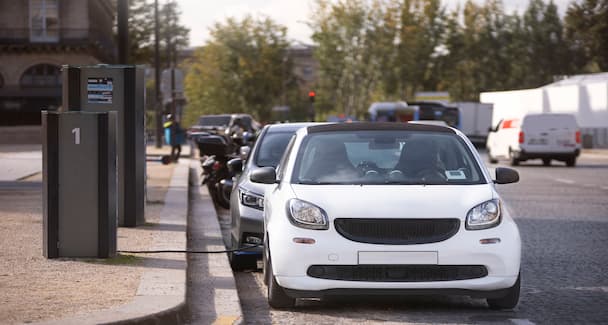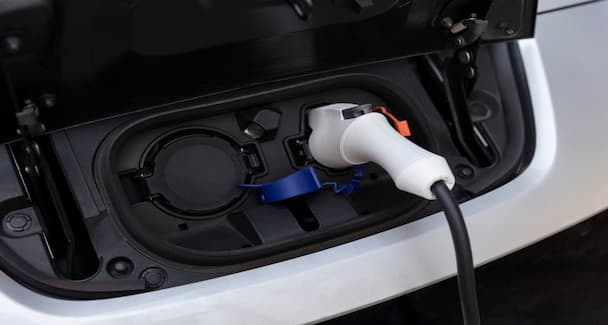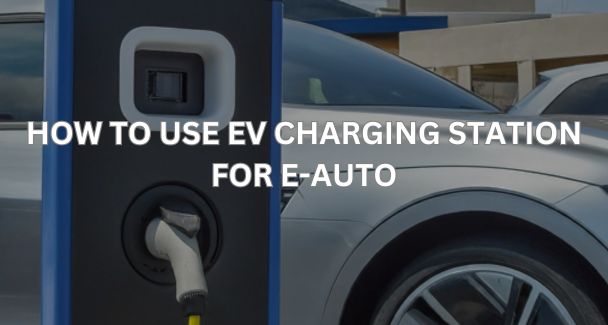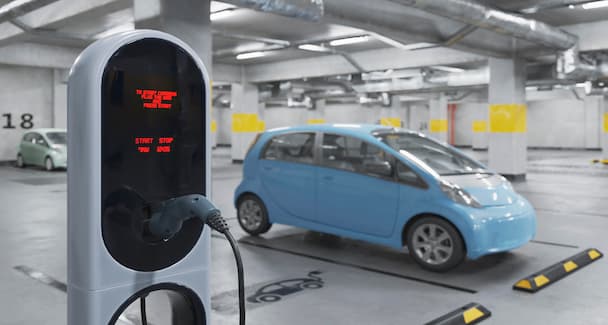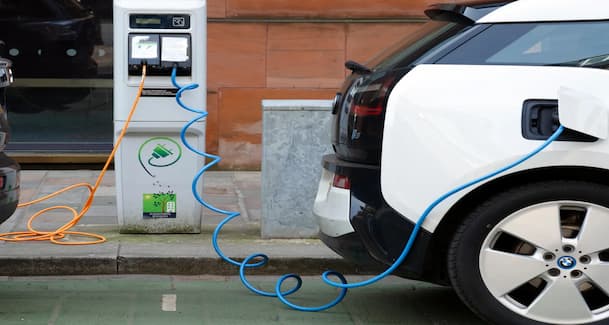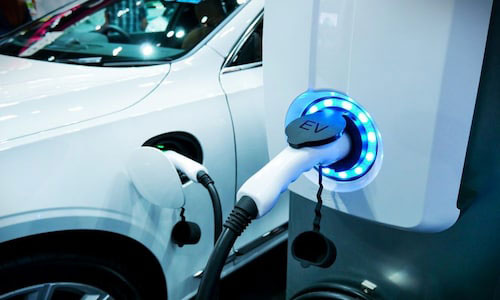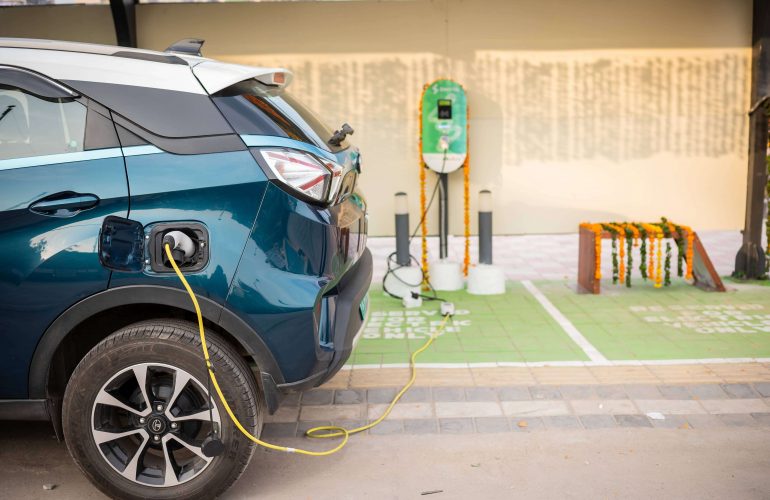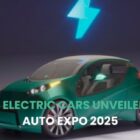Finding EV Charging Station Locator: A Guide To Finding Public Chargers Near You
Are you serious about showing your responsibility toward the environment? Do you love driving? When these two questions have the same answer, a huge ‘yes’, it is time to focus on buying an electric vehicle. However, charging stations are still scarce in India. You can’t charge it in a conventional petrol pump. Happily, matters are changing. With more and more public chargers developing, locating a charging point nearby is getting less complicated.
Why You Need a Charging Station Locator
The most critical and logical reason is you never want to get stuck in the middle of the road. Electric vehicles need well-defined charging stations, and not all stations are compatible with each model. That’s where a charging station locator comes in. It enables you to locate the closest, most suitable charger, so you don’t have to remain stranded.
Where to locate the Charging Stations in India
Charging infrastructure in India is developing, but it’s nonetheless not as common as petrol pumps. But, top metro cities have witnessed a surge in public charging points. Most charging stations are located in workplace complexes, petrol pumps, and along highways. If you live in a metro, there are good chances you’ll discover EV charging stations in India within some kilometers. But in case you’re in a smaller town or traveling to a remote place, making plans in advance is crucial.
First-class Apps and websites to locate
Thanks to technology, you don’t need to manually hunt for a charging point. Several apps and web sites now provide actual-time places of EV chargers in India. Apps like Electriva, Tata energy EZ rate, Ploughshare, Static, ChargeGrid, and also Google Maps can show you charging stations near you, their availability, and even consumer reviews. These apps additionally let you know what type of charger is there (rapid or slow) and whether it’s well suited to your EV.
Kinds of Chargers and What You ought to recognize
It is essential to know, and it is also obvious that there are different charges in the competitive market. The chargers are usually fast and slow. Slow chargers (AC) are not unusual in domestic charging setups and take several hours to power a vehicle. Fast chargers (DC) can juice up your vehicle in multiple hours, whilst speedy chargers can get you back to the street in under an hour. The charging velocity also depends on your automobile’s battery capability and the kind of connector it supports.
A way to Use a Charging Station
The use of a public EV charger isn’t as complex as you imagine. When you visit a charging station, park your car inside the special spot. If the charger is operated through an app, open the app, choose the charger, and begin the session. If it’s a guide station, you may want to swipe a card or enter a PIN. Join the charging cable in your vehicle, await the price to complete, and as soon as finished, take away the cable and proceed with payment. A few chargers are free, but most charge consistent with the unit of energy fed on.
Charging expenses in India
The cost of charging relies upon several factors, including the place, kind of charger, and the carrier company. On average, charging at home is cheaper than the usage of a public charger. Quick chargers commonly cost more than slow chargers. In cities like Delhi, some stations provide quite subsidized costs, making public charging an affordable choice. Many apps also display the predicted value before you start charging so that you can plan the budget.
Highway Charging
A crucial issue for electric vehicle owners is taking lengthy road journeys. Earlier than hitting the road, check your direction on a charging locator app and mark the stations wherein you can stop your vehicle. Bring a backup charging cable and have a plan B in case a charger is occupied or out of order.
Charging Station Etiquette
As the popularity of electric vehicles grows, it’s crucial to comply with a few primary etiquettes relevant to the usage of public chargers. First, in no way occupy a charging spot if your car isn’t charging. Once your vehicle is sufficiently charged, drive your car so others can use the charger. Keep away from unplugging someone else’s car, and if the station has a queue, wait patiently. If you use a paid charger, clear your fee right away to keep away from unnecessary delays.
Future of Charging in India
The EV landscape in India is evolving. With government projects, private investments, and more and more customers, you can expect new charging stations in the following couple of years. Many real estate projects, workplaces, and residential societies are already putting in place charging stations. Battery-swapping technology is likewise gaining traction, which can reduce charging time significantly. Within the coming years, charging an electric vehicle in India ought to become as smooth as refueling a petrol car.
Why Charging Station Locators Are a Game-Changer
Without a proper locator, locating a charging station could be like searching for a needle in a haystack. Those locators not only save time but also reduce range anxiety – the concern of running out of battery before reaching a charger. They also help you select a satisfactory charger primarily based on your location, automobile model, and price range. With more companies entering the electric vehicle charging space, we are able to count on even better locator apps with real-time updates and smart functions.
Final thoughts
Electric vehicles are the future of mobility, and India is shifting on the right course by boosting its charging infrastructure. In case you own an electric vehicle or are planning to buy a vehicle, familiarizing yourself with charging locators will make your lifestyle much less difficult. The key is to devise in advance, use technology for your gain, and take into account charging station etiquette. As charging networks keep growing, quickly, the fear of locating a charger could be a component of the past. Happy charging and safe driving!


